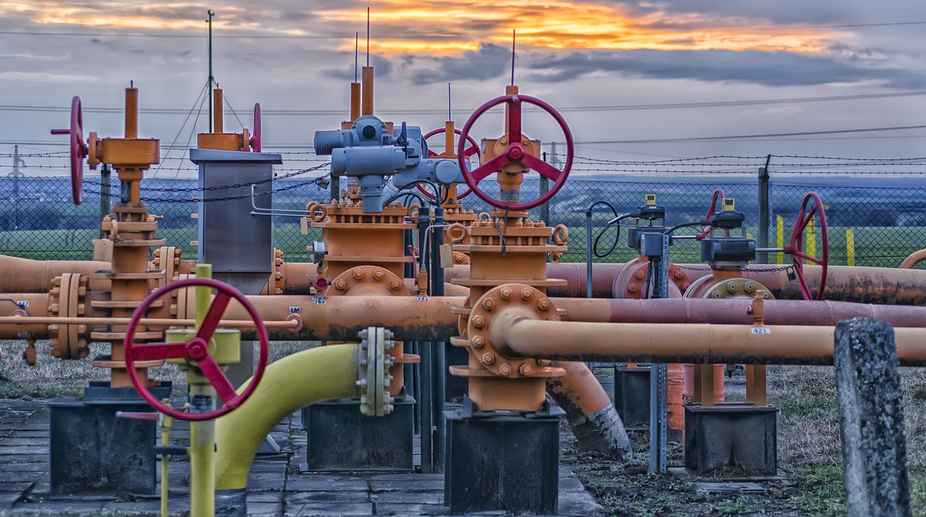India outperforms global average in UN sustainability goals: Hardeep Puri
Despite the vast financing gap in achieving sustainability goals, he said, adding that India has been proactive in mobilising resources and implementing impactful initiatives.

(Photo: Getty Images)
The future of natural gas is limited and it has to be phased out along with the other fossil fuel coal, says an international report. India and the Middle East are also seeing renewables rising much faster.
The report, titled "Foot off the gas: Increased reliance on natural gas in the power sector risks an emissions lock-in", by the Climate Action Tracker said "increased reliance on natural gas risks an emissions lock-in".
It says continued investments in the natural gas sector create the risk of breaching the Paris Agreement's long-term goal which aims to cut greenhouse gases from burning fossil fuels and will result in stranded assets.
Advertisement
The Germany-based Climate Action Tracker, is an independent science-based assessment that tracks the emission commitments and actions of countries around the world through three research organisations — English-language website Climate Analytics, Ecofys and NewClimate Institute.
The report foresees a dwindling role for natural gas in the power sector toward the middle of the century, not only to meet the Paris Agreement goals, but also due to increasing competition from renewables.
The 2015 historic Paris Climate Agreement adopted by nearly 200 countries, including India, aims to limit average global warming to 2 degrees Celsius by cutting greenhouse gases from burning fossil fuels.
"Natural gas is often perceived as a 'clean' source of energy that complements variable renewable technologies. However, there are persistent issues with fugitive emissions during gas extraction and transport that show that gas is not as 'clean' as often thought," a statement quoting Climate Analytics senior scientist Bill Hare said.
"Natural gas will disappear from the power sector in a Paris Agreement-compatible world, where emissions need to be around zero by mid-century," he said.
Yvonne Deng of Ecofys, an international energy and climate consultancy, said the idea of a continuing role for natural gas as a bridging technology is not consistent with the reality of advances in flexibility enabling technologies such as grid expansion, supply and demand response as well as storage.
Many projections for the use of natural gas, including from the International Energy Agency (IEA), investors and many governments, not only fail to consider the need for complete decarbonisation within three decades, but they also ignore the increasing role of low-carbon alternatives.
"One example is China, where in 2016 the IEA projected renewables would rise to 7.2 per cent of the power supply by 2020, but by the end of 2016 they had already reached 8 per cent. Additionally, India and the Middle East are also seeing renewables rising much faster than mainstream projections," Niklas Hohne from NewClimate Institute said.
Advertisement